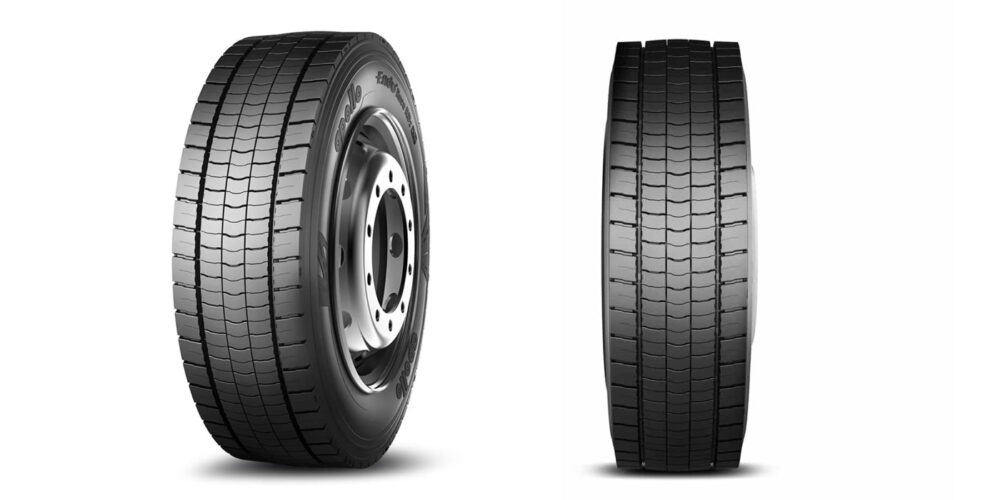Welcome to the Clean Fuel Corner! This column is an opportunity for you to learn more about how evolving diesel engine technology is driving the need for cleaner fuel. While that may seem to be fairly straightforward, delivering clean and dry fuel consistently to your engine’s fuel injection system can be a great challenge. We’ll explore these challenges and how they can be overcome, with a large focus on handling fuel prior to being pumped into your vehicle. Written from the angle of a global filtration company, the focus will be on the role of filtration in achieving the necessary OEM specifications, but we’ll also mix in some important info on other topics like storage tanks, pumps, engines … well, you get the idea. So sit back, relax, and enjoy the journey on which we’re about to embark, as we explore the challenges of keeping fuel clean and dry from the refinery all the way up to the point of injection on your engine.
Today’s engines use what is called “high pressure common rail” (HPCR) fuel injection systems that operate upwards of 40,000 psi (2,800 bar). These systems require very clean fuel to operate as-designed for their entire service interval. Unfortunately in most cases, new fuel does not mean clean fuel.
Fuel contamination can be separated into two broad categories: inorganic and organic. Inorganic contaminant is typically hard particulate (dirt) picked up throughout distribution. From-the-refinery-fuel is typically very clean, but as it gets transported throughout distribution (which can include pipelines, terminals and delivery trucks) it gets more and more dirty. Once onsite, as it’s stored in bulk tanks and moved for distribution and use, it picks up contaminant from the infrastructure as well as ambient conditions.
Organic contaminant represents anything carbon-based, typically longer hydrocarbons with various chemicals attached. These organic contaminants can also come from a variety of sources at or downstream of the refinery: lubricity improvers, cold flow improvers, biodiesel, corrosion inhibitors, etc. It is very important for fuel additives to be dosed at the right levels and under the right conditions to ensure the best overall fuel stability, otherwise these additives can become insoluble and therefore “filterable.”
Generally speaking, hard particulate (inorganic contaminant) will cause permanent damage to the injector system, while softer particulate (organic contaminant) will cause fouling, i.e. deposits build up on the injectors. In both cases the engine does not run as-designed and can result in a decrease in fuel economy, an increase in emissions, and a decrease in power.
Most fuel is delivered to storage tanks 500-1,000 times dirtier than what is allowed in these injection systems. Traditionally only on-engine filters would be used to remove the contamination in the fuel to meet injection system fuel cleanliness specifications, but the requirements for HPCR fuel are so clean that a two-step approach is needed to achieve consistent cleanliness: first filter fuel in the bulk storage tank prior to use in the equipment and then with the on-engine filters. Bulk filters should remove contamination in the fuel down to a cleanliness level of ISO 14/13/11, whether the contaminant present is hard or soft. It should be noted, however, that all fuel filters are designed with the goal being to remove the hard inorganic particles, so while they will also filter the soft organic materials, life may be greatly reduced in comparison.
Besides meeting HPCR fuel cleanliness requirements, the use of bulk filtration also provides the necessary protection against any highly contaminated fuel that may be delivered (ongoing or as a one-time occurrence). By filtering prior to use in the equipment, the bulk filtration system will stop excess organic and inorganic particulate from being delivered into your equipment’s tanks, ensuring the onboard filters can meet the expected service intervals. If a fuel problem should exist, it may plug up the bulk filters but not the on-engine filters. This eliminates costly unscheduled downtime and makes operation and maintenance much more predictable.
Today’s engines are more sophisticated than ever and require cleaner fuel than ever before. Investing in a bulk fuel filtration system will protect your equipment against dirty fuel, eliminate unplanned downtime and keep you running.
Deena Kasavelu is the sales manager, clean fuel and lube solutions, Donaldson Filtration Systems.













